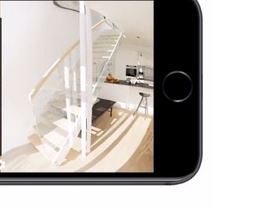virtual reality

Easy Virtual Leasing
There are several reasons why a client may not be able to tour the property in person. Our increasingly mobile and digital industry makes remote tours an excellent alternative, yet it also requires that agents are ready to sell to a client, sight unseen. The six tips below can make selling to remote clients easier […]
06 / 13 / 18

360 Video
Architecture is one of the great powers to enhance our lives, but it boasts some serious communication issues. Designers, even though they mean well, may present homeowners with tough to understand drawings, or renderings that don’t really reflect how to navigate a finished room. As a consequence, homeowners end up paying for space without knowing […]
12 / 21 / 16

Virtual Reality
Virtual Reality is on everywhere these days—videogames, engineering, healthcare, entertainment—are just a few of the industries fuelings its evolution. More recently, VR entered the real estate market too. Allured by its many advantages, developers turn to virtual reality and enable buyers to tour units, “walking” around mock layouts and peering out windows to envision the […]
04 / 19 / 16
ENERGIZED FOR TOMORROW
We’re here to help
Do more with innovative Property Management Software and services for any size business, in every real estate market.
